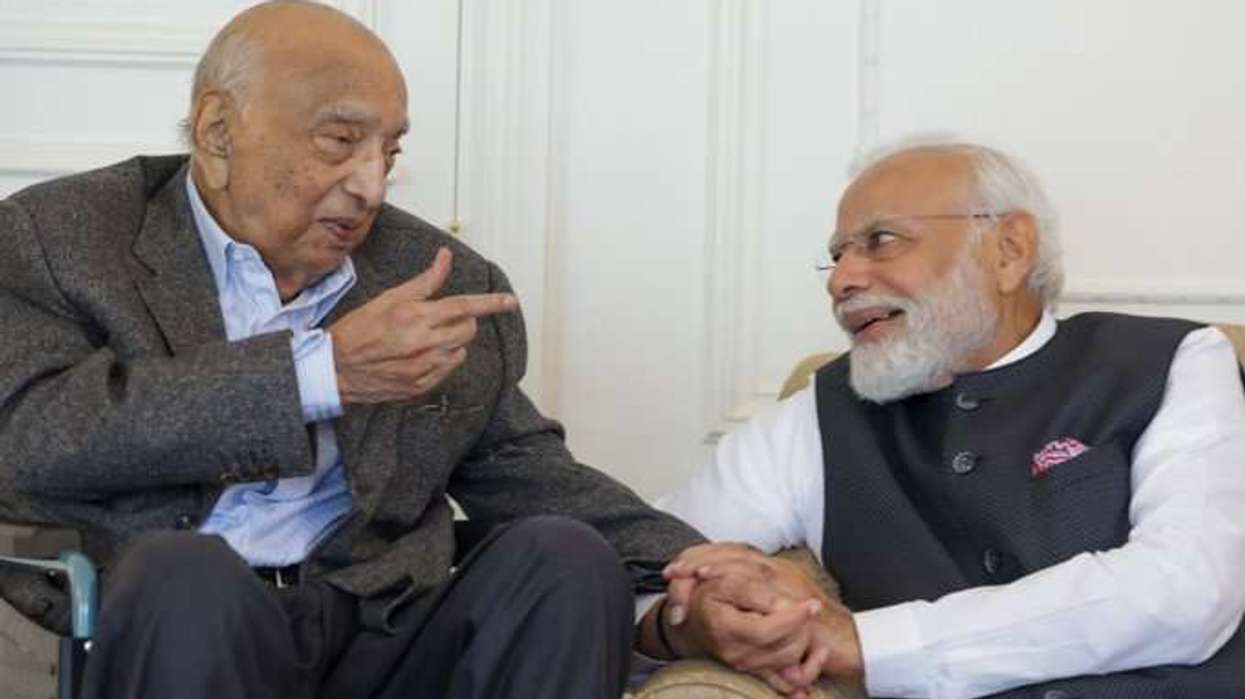Pakistani teenager and social media influencer Sana Yousaf was shot dead at her home in Islamabad on Monday night, in what police have confirmed as a murder. The suspect, reportedly a guest in the house at the time of the incident, has been arrested by authorities.
The 17-year-old, who hailed from Upper Chitral in Khyber Pakhtunkhwa, had built a large following on social media platforms like TikTok and Instagram, where she shared content celebrating Chitrali culture and advocating for women's rights and education. She had nearly 500,000 followers on Instagram and was widely admired for promoting positive messages and regional pride.
According to reports from local media, including Samaa TV, the incident took place in Sector G-13 of Islamabad. The attacker, identified by police as Umar Hayat, allegedly entered the residence and shot Yousaf at close range. She sustained two gunshot wounds and died on the spot. Her body was later moved to the Pakistan Institute of Medical Sciences (PIMS) for post-mortem examination.
Initial investigations suggested that the suspect may have known the victim and entered the home under the pretext of a social visit. Police confirmed that the suspect fled the scene immediately after the shooting, triggering a manhunt. Islamabad police later confirmed his arrest but have not officially commented on the motive behind the killing.
Reports have suggested that investigators are exploring several angles, including the possibility of an honour killing — a crime where a family member or acquaintance murders someone believed to have brought ‘shame’ to the family. However, no motive has been conclusively established yet.
Yousaf’s death has sparked outrage on social media, with the hashtag #JusticeForSanaYousaf trending across platforms. Supporters, women’s rights activists, and fellow content creators have expressed shock and demanded swift justice, describing her death as part of a disturbing pattern of violence against women and female influencers in Pakistan.
The case follows other tragic incidents, including the murder of a 15-year-old TikToker named Hira in Quetta earlier this year, reportedly by her father and uncle over her social media activity.
As the investigation continues, Sana Yousaf’s death serves as another stark reminder of the risks faced by women in the public eye and the urgent need to address gender-based violence in the country.





